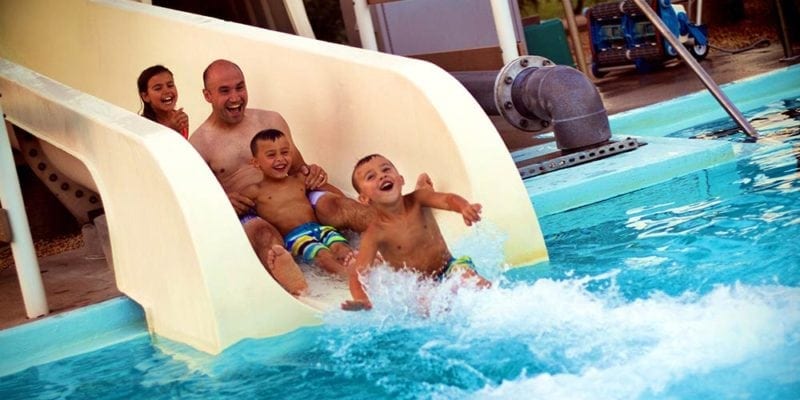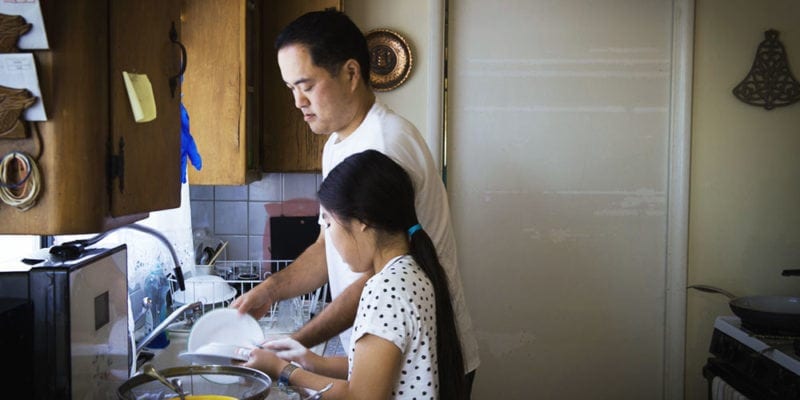With the end of the school year approaching, who doesn’t look forward to the long, lazy days of summer? Well, parents for a start! Most of us can barely remember what ten days of unstructured time looks like let alone ten weeks. Besides, the world has changed and the last thing we want is children at a loose end when trouble is so easy to access. Our kids need summer projects.
Some kids have camp experiences, some hang out with mom or dad, some have a sitter, and some hold down part-time jobs. We want them to have fun but we also want them to learn. Your child’s age will obviously be a factor, but check out the following 6 summer projects that will keep your kids productive and engaged.
1. Their room (nothing so pedestrian as, “clean your room!”)
This job starts with emptying (everything, including furniture), moves into cleaning (even baseboards), then adds a fresh coat of paint. Next is sorting between “trash” “donate” and “keep”. Finally, the room is put back together and it is a room your child has ownership in.
2. The garden
(If you don’t have one, substitute an herb garden in a few pots). Jobs, like mowing and edging, may have age restrictions, but every child can weed. Assign a manageable area. This can be as little as one hour, twice a week. Your child learns the value of preventative maintenance and has an achievement they can be proud of.
3. Lunch duty
Daily, or a couple of times a week. Your child can be responsible for a plan (submitted weekly), shopping for ingredients, and preparation. Lessons include responsibility, math, cooking, and thoughtfulness.
4. Neighborhood trash patrol
Again, this can be assigned at fixed intervals. Gloves are a must, along with plastic bags. Begin with a one-block radius around your home then expand. Lessons include community service, the pride of place, cause and effect, and possibly community outreach.
5. Junk-cleaning yard sale
Meld responsibility, organization, entrepreneurship, frugality, service, math, creativity and more. Begin with projects similar to #1 (their room), add storage areas and the garage, then see what can be done with what they have. Include a family meeting/huddle for planning purposes and give the kids as much responsibility as you can. Tailor-fit this to the scale that works for you and consider letting them keep the profits.
6. An old-fashioned “Job board”
All of these ideas and more can be displayed on a poster-board with the children’s names, responsibilities, day and time, and more. The kids can make this too, with your supervision and guidance.
Children are capable of much more than we typically allow.All these “projects” can come with as much or as little direct involvement from the parents as you wish. The point here is that children are capable of much more than we typically allow. But the payoffs, over the course of the summer, are potentially huge.
Sound off: What have you found helpful for your children in the summer break?











Huddle up with your family and talk about planning for the summer. Incorporate your kids’ ideas when you design the plan.